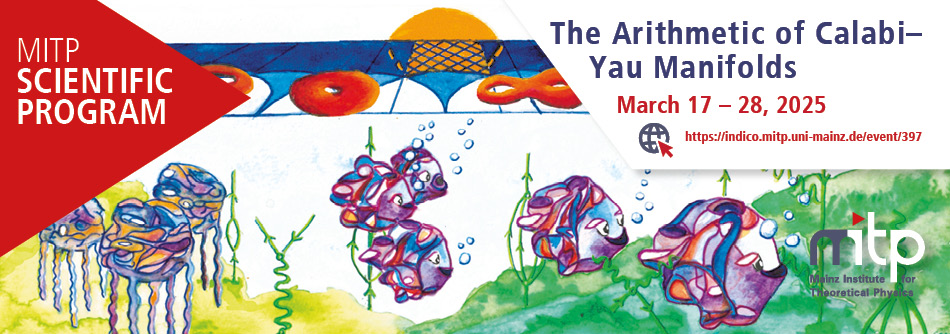Speaker
Description
Once put into suitable generating series, various enumerative invariants on Calabi-Yau threefolds are expected to possess modular properties, allowing to determine them uniquely from a few data points and giving powerful control on their asymptotic growth. This includes Gopakumar-Vafa invariants in presence of a genus one fibration, Noether-Lefschetz invariants in presence of a K3 fibration, as well as Donalson-Thomas invariants supported on divisors (without requiring any particular fibration). While modularity has a clear mathematical origin in the first two cases, it is more mysterious in the last case, corresponding physically to BPS indices counting D4-D2-D0 black holes. I will review recent progress in testing the modularity (or more generally mock modularity) of D4-D2-D0 indices in one-parameter Calabi-Yau threefolds such as the quintic threefold, and in leveraging these results to compute Gopakumar-Vafa invariants at higher genus than hitherto possible. Time permitting, I will also discuss modularity of GV and DT invariants in K3-fibered two-parameter models. Based on work in collaboration with Sergey Alexandrov, Soheyla Feyzbakhsh, Albrecht Klemm and Thorsten Schimannek.
